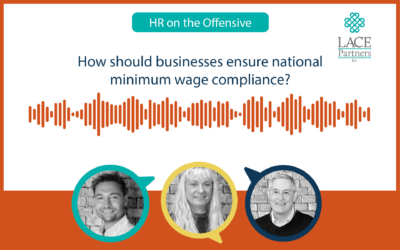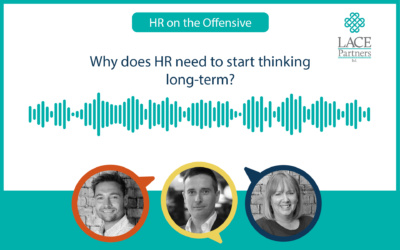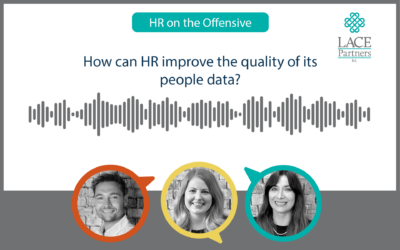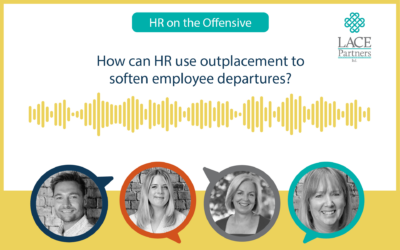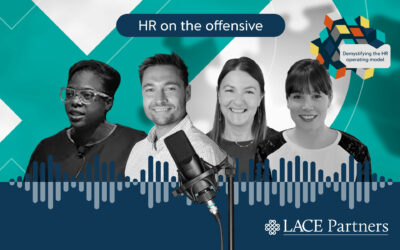A few years ago, there were reports that Silicon Valley executives were sending their children to tech-free schools. It was a story that dripped of irony: geeks in the heart of techno-utopia rejecting their ideology when it came to their own kids. But the story didn’t catch on, and an awkward question lingered. Why were the engineers of the future desperate to part their gadgets from their children?
Dr Mary Aiken answers in her debut book, The Cyber Effect: A Pioneering Cyberpsychologist Explains How Human Behaviour Changes Online. And it’s something every parent should be interested in.
Yes, cyberpsychology is real and not a sci-fi subgenre. It’s an emerging field of psychology that specialises in studying the impact of emerging technologies on human behaviour. Aiken is arguably its most famous practitioner.
We’re all lab rats
According to Aiken, the Internet is the greatest unregulated social experiment of our time. We know of the perks: unbridled information access, crowdsourcing and accountability to the masses. But what we lack is an understanding of the problems and associated pathologies.
Aiken compares the digital experience to getting drunk. It’s fun, sometimes raucous – when our attention is online, we lose our inhibition. We are careless about the places we visit, what we say and who we engage with. But unlike a boozy blow-out, an evening online lingers. The digital hang-over doesn’t pass but is crystallized in HTML code.
It gets worse. Personalised social media amplify the ego and websites like 4chan socialise hostile beliefs. To top it off, many digital experiences are designed to addict, so behaviour in turn becomes compulsive. It’s no wonder Millennials get a bad rep.
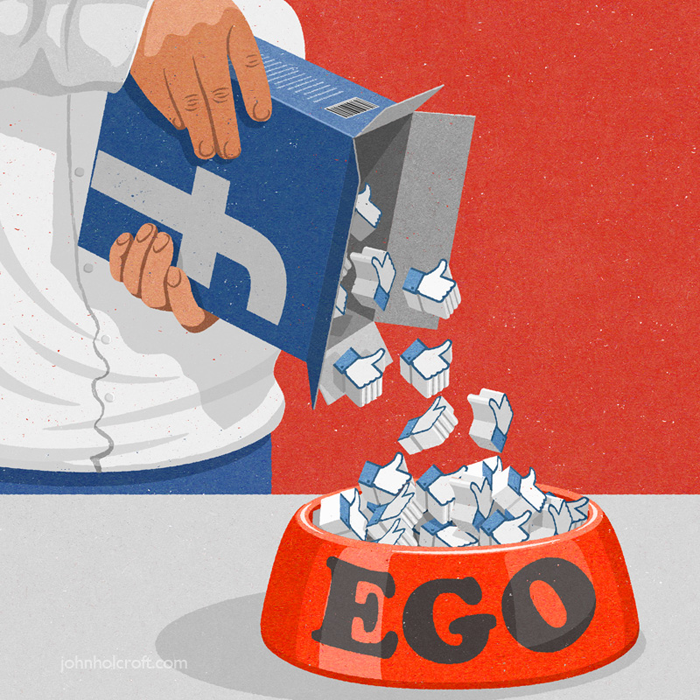
Credit: John Holcroft
But this we already know, and besides, couldn’t some personalities do with a bit of disinhibition? What sets The Cyber Effectapart from the typical anti-tech rant, is Aiken’s insistence that some of these behavioural consequences are not a result of the Internet per se, but because of the way it’s been designed.
The Internet is largely designed for advertisers, with people as the product. This might be harmless when people shop online, but it’s a can of worms in other scenarios. Aiken points to how people use Google to self-diagnose their symptoms. As results are not based on medical diagnostics, but by frequency of search terms, health anxieties can be amplified. She calls this effect ‘cyberchondria’.
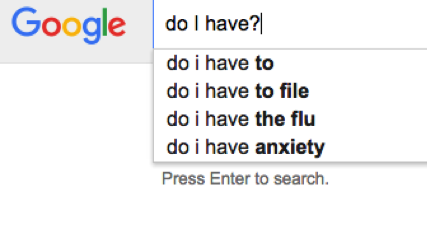
Credit: Google
Profit > mental health
At the heart of The Cyber Effect is a message that the commercialism of digital tech is causing a mental health crisis. This is most evident in Aiken’s chapter about cyber-babies.
Aiken vehemently opposes mixing infants with digital tech, as developing minds need space and face-time to acquire empathy and cognitive skills. This goes out the window when there’s tech to play with. Screens replace faces and stimulation squeezes out solitude. The result is a generation of digital natives who struggle to make bonds, aren’t as intimate, and don’t like physical touch.

Credit: Fisher-Price
Some folks may question the feasibility of advice that suggests leaving kids to their own devices. But they’ll also be disappointed to learn that any claims of cognitive or visual ‘enhancements’ brought by digital babysitters are unsubstantiated, while the harms remain sky-high. Aiken questions who regulates tech for kids and why the burden of proof is on the science to disprove the marketing. Brazen advertising has a history of costing the consumer. Should we let it here?
The path forward
The Cyber Effect is not all grim diagnosis. The later chapters are peppered with simple ideas to create healthier online experiences. Here, Aiken challenges the tech industry to replace ‘user’ friendly with ‘human’ friendly, and more drastically, recruit a greater cohort of women to make web code more emotionally intelligent.
Techies may laugh at such a suggestion and label Aiken as a ‘disconnectionist’: geek slander for outsiders who trivialise the Internet and preach self-restraint. This would be unfair criticism, as Aiken is aware the Internet is here to stay and explicitly advises against abstinence. Her concern is adaption.
If anything, Aiken is a bit guilty of overloading The Cyber Effect with cyber-psych jargon. As a book about an emerging topic, this should be ok, but she cherry-picks her verbiage and misses a whopper: recency bias. This term refers to our tendency to accentuate things or events that have occurred most recently. Aiken fails to acknowledge this, and in turn, misses the point that people have had to adapt to new technologies before, like the radio, writing materials – heck, even the wheel.
For this omission, Aiken will be criticised, but it’s not a big deal. While past tech has caused big changes, the key difference between them and the Internet, is their reach. The Internet will soon be omnipresent and inescapable. This is why Aiken’s psychological perspective is so urgent.
With EdTech expected to grow to US $252bn by 2020, the Cyber Effect is a timely book that should serve to anchor the technophilic fever that pervades many classrooms, ‘innovation’ hubs, or TED talks. It’s a reminder that debates about tech use should be grounded in science, not ideology.
Besides, they don’t even practice their ideology in the Silicon Valley. Where do they send their kids again?
Alex is a PhD candidate in Digital Media at Victoria University in Wellington, New Zealand.
This article was first published on the e-nvironmentalist, a digital (and climate change) media website founded by John Lang, a LACE Partners’ Associate.

